10 Underrated Vigilante Movies of the 1970s Worth Revisiting
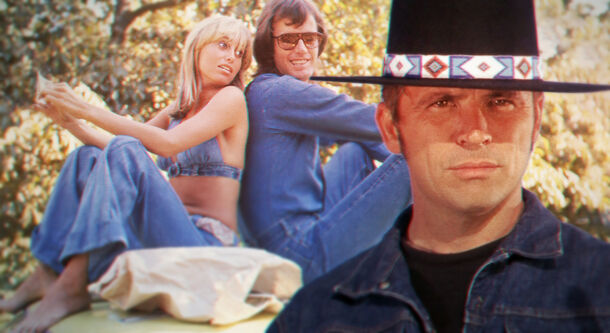
Bet you haven't even heard about 70% of these.
1. "Death Wish" (1974)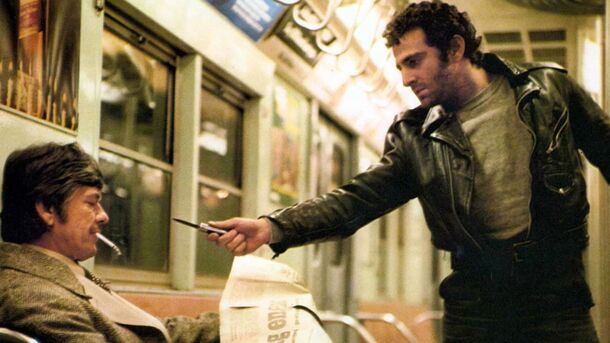
But Kersey isn't seeking revenge—oh no. He's painting the town red, but not with graffiti. He targets muggers, thieves, anyone who catches his eye. Kersey stirs the pot, and the city is split. Some see him as a savior; others, a loose cannon. Injustice? He's the judge, jury, and occasionally, executioner.
2. "Billy Jack" (1971)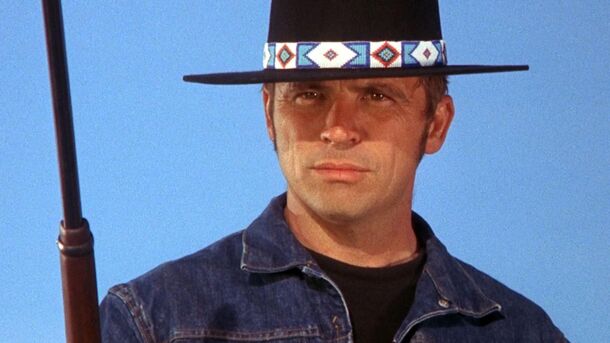
The locals? Let's just say they aren't mailing welcome cards. Harassment turns to violence. Billy goes from protector to vigilante. While his kicks are high and roundhouse, his intentions remain shadowy.
Does he tread the path of justice, or is this simply an avenue for his aggression? Whichever way the coin lands, Billy Jack makes his stand, against cops and corrupt politicians alike.
3. "Rolling Thunder" (1977)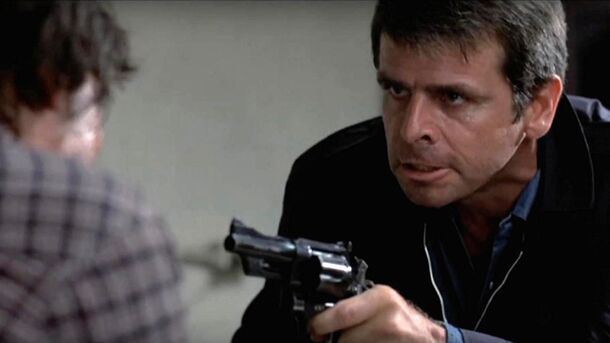
Thugs seeking those very coins invade his home, maim him, and kill his family. Rage bubbles, and what does a man with one hand do? He rigs a hook, sharp as a hawk's talon. He teams up with his friend, Johnny, to track down the killers in a seedy Mexican bar. Outnumbered, but never outgunned, the duo takes on the villains.
Justice comes at the barrel of a shotgun, in bursts of roaring thunder.
4. "Walking Tall" (1973)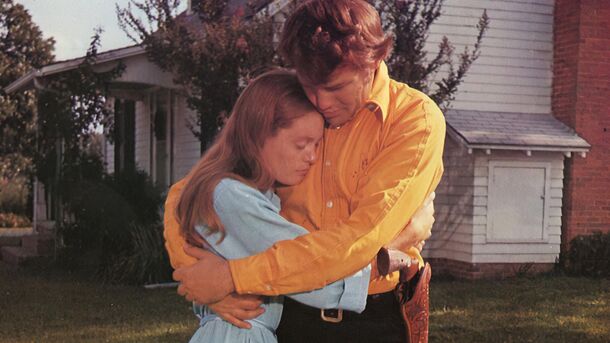
Buford runs for sheriff, wins, and proceeds to clean up the place. With his wooden stick as the instrument of justice, he smashes stills, breaks up gambling joints, and fights off an assassination attempt or two. Is it me, or does this man redefine the phrase 'tough love'?
5. "Straw Dogs" (1971)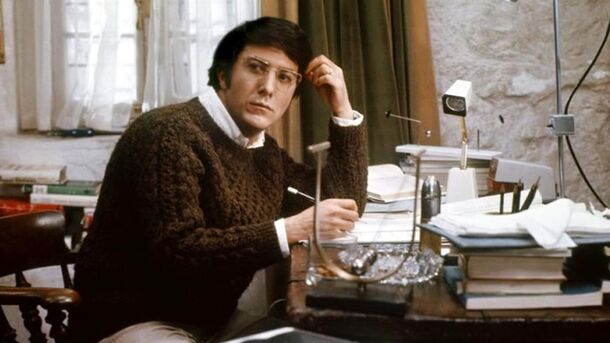
Little does he know that quietness can be more unsettling than uproar. Harassment escalates into violence. Fed up, David fortifies his home. The attackers become the attacked. It's a fortress of solitude, but instead of a cape, David dons a steely resolve.
Nails, boiling oil, firearms; it's not a siege, it's an intellectual's descent into primal survival. Are these mere straws that break the camel's back, or the bricks that construct a monument of revolt?
6. "The Outfit" (1973)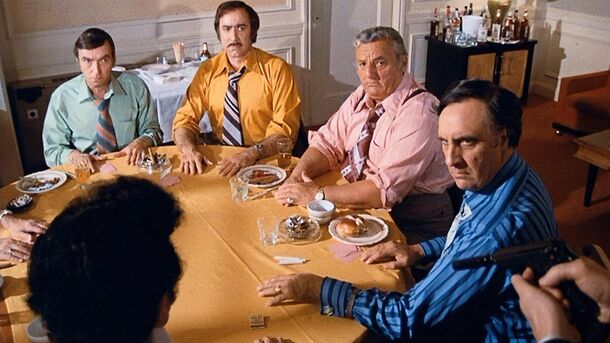
Robbing the Mob's businesses, one after another, he's not a hero. Not even an anti-hero. He's a man settling a debt. The game of cat and mouse intensifies. Earl's a rolling stone, gathering not moss but an arsenal for his final showdown with the Mob kingpin.
7. "Hard Times" (1975)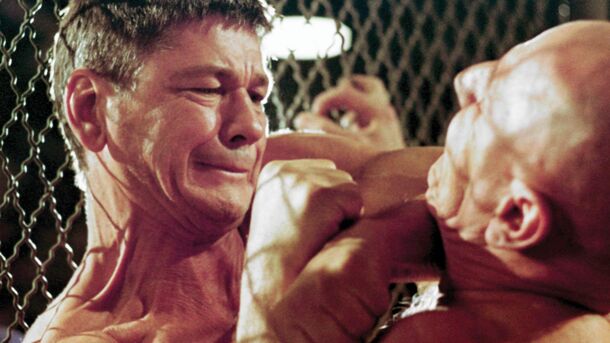
Every win racks up enemies, and he's got more than just contenders to worry about. Loan sharks, racketeers, and even his manager Speed are pieces on a chessboard. Will Chaney make his final move before the clock runs out?
8. "Mr. Majestyk" (1974)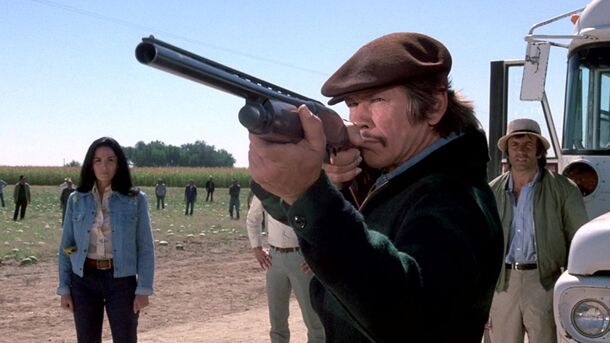
He breaks out, but not to flee the law; he's going back to farming. Yet, the mob's not done with him. He's tough as nails but cool as a cucumber. In a climactic showdown, Vince proves that messing with a man's melons is a surefire way to bite the dust.
9. "Scarecrow" (1973)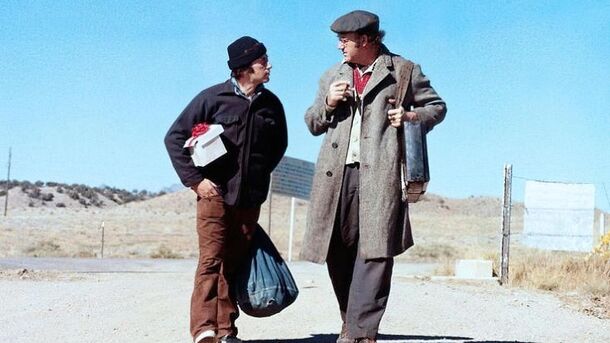
It's a rickety train of friendship headed to a precarious destination. The vigilante angle? They're not targeting villains; they're targeting life's injustices. Their justice isn't served in a courtroom but on the road, one mile at a time.
10. "Dirty Mary Crazy Larry" (1974)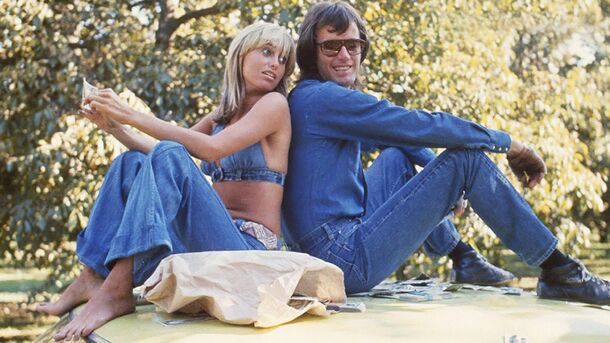
Larry finds himself up against not just the law but his own increasingly unstable team. As the stakes heighten, so do the RPMs. One thing's clear; this road has no exits, only a dead end.